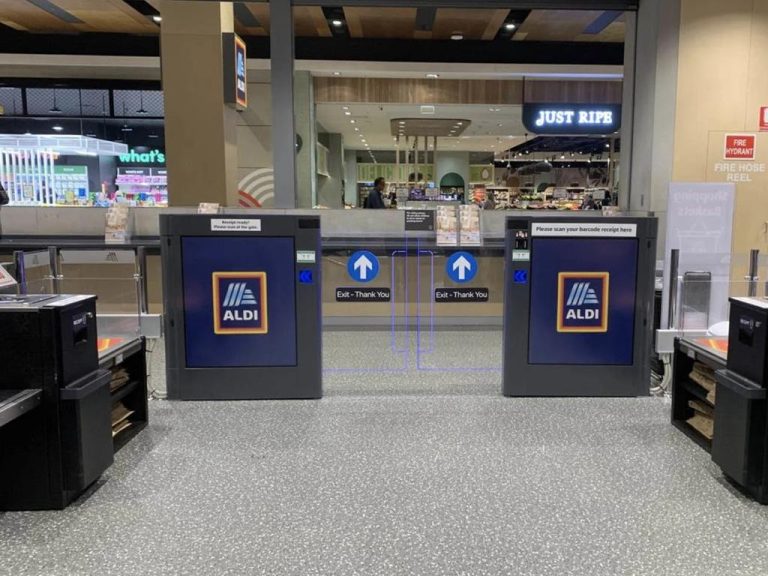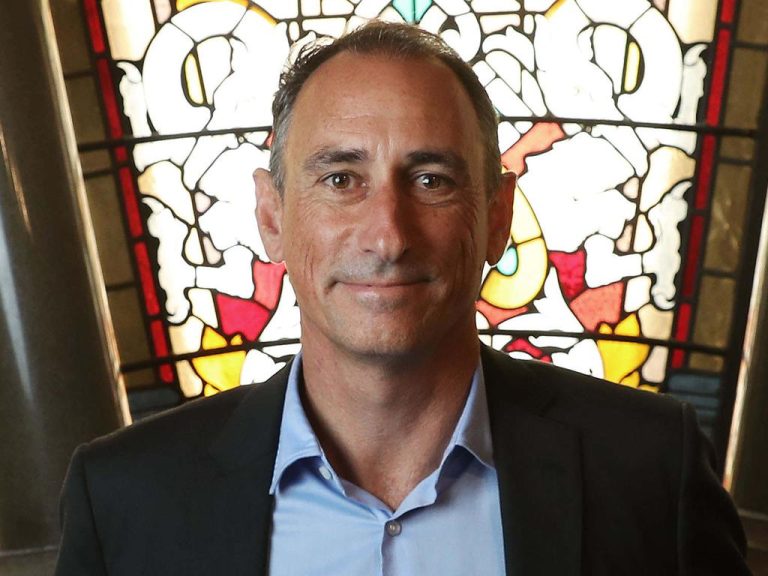Sydney lockdown hits regional hotel trade but sales holding up
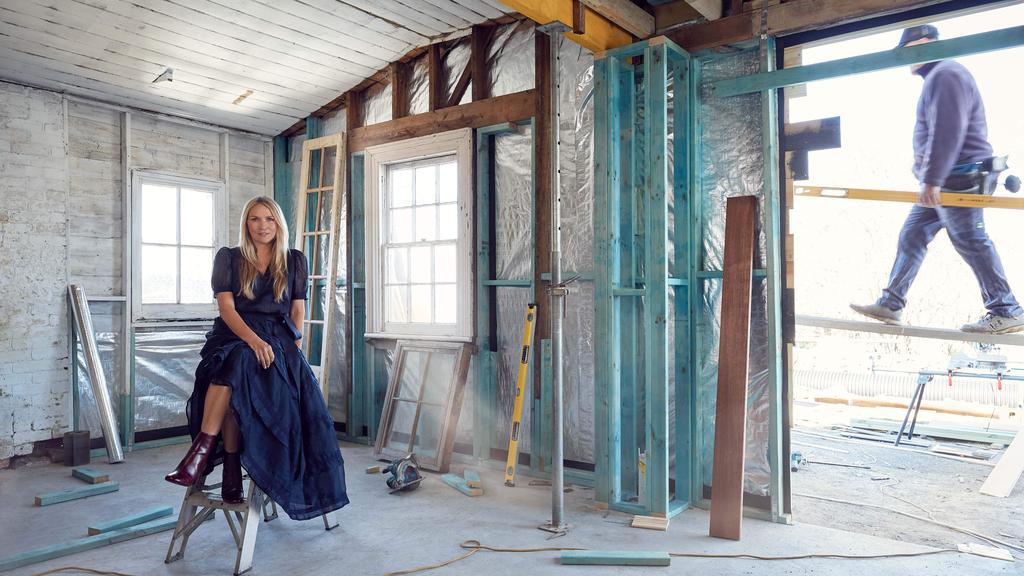
Fashion designer Collette Dinigan says accommodation is a moveable feast at the moment. Picture: Nick Cubbin
Once the economic poster child of Covid-19, regional tourism was one of the few sectors to benefit from the pandemic scoring big occupancies from out of towners banned from travelling overseas.
But the Sydney lockdown, which could extend for 10 weeks until the end of September, is badly affecting regional pubs, rural hotels and restaurants given the residents of greater Sydney are in confinement.
Ernst & Young chief economist Jo Masters said the once-booming regional travel industry will be badly affected during the Sydney lockdown, which began on June 26 and, according to state and federal government figures, could extend to September.
“The data is showing intrastate travel has been so strong but with the greater Sydney lockdown and domestic and international borders closed regional tourism will feel a ripple effect,” she said.
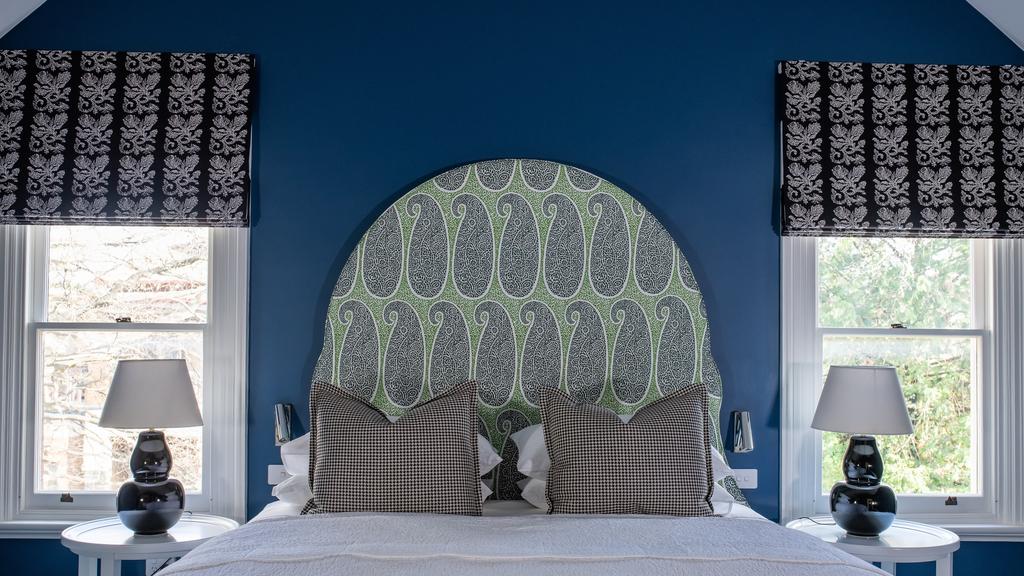
Byng Street Hotel, Orange, NSW. Picture: Escape Travel News
HTL managing director, Andrew Jolliffe, acknowledges the Sydney lockdown’s effect on regional tourism but he does not think the present confinement will cause a decline in pub prices nor transactions.
“We have been selling a pub a day for seven days, not only in cities but regional areas also,” he said.
“I think there is a view like the last lockdown. There is an increased level of optimism and a blueprint for coming out of this. We came out of this last time with such verve we still have people transacting on that basis. We know how this movie ends.”
Out in the regions hotel occupancies are dire. Tom and Kristen Nock, owners of the highly popular Byng Street Boutique Hotel in the bustling Central Tablelands township of Orange, averaged 92 per cent occupancies in the 12 months to June.
“We have had an awesome time,” Tom Nock told The Australian.
“When regional travel started again we were very new to the market. Orange was the flavour of the month for Sydney people; we went crazy overnight.
“Up until this round, we have had a really good time of it. But now we are not taking anybody from Sydney.
“We had seen 95 per cent occupancy for the month. We are doing under 20 per cent.
“We are getting a little bit of clientele from regional areas like Newcastle and the central west; it’s been pretty grim.”
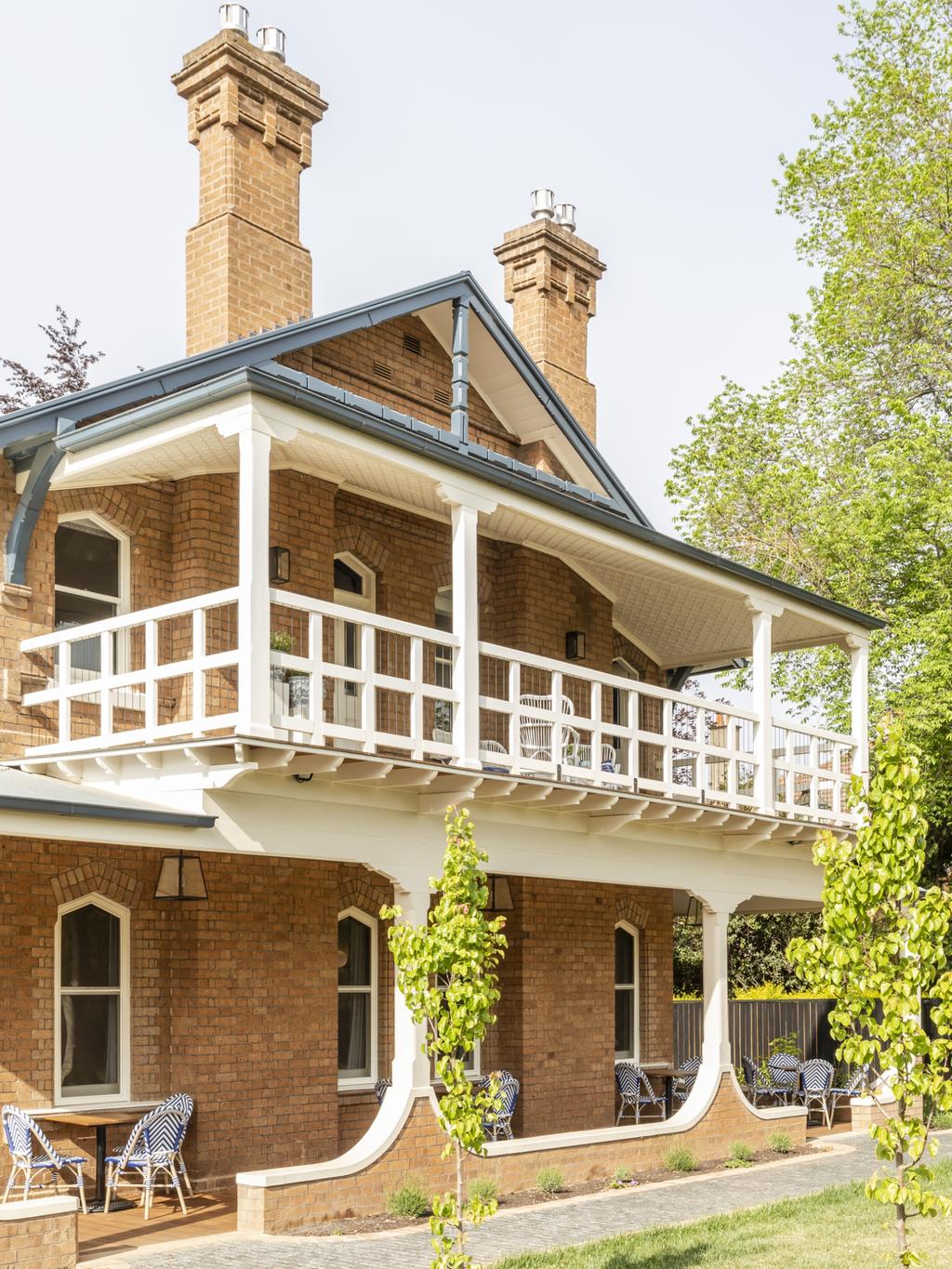
The Byng Street Boutique Hotel in Orange, NSW.
International fashion designer Collette Dinnigan, who operates overnight accommodation in Bowral, southwest of Sydney, says accommodation is a moveable feast at the moment.
“With our properties Bowral was empty and then suddenly filled with people from Canberra. People are much more booking one or two days before,” Ms Dinnigan said.
Just outside the Blue Mountains, the Emirates One&Only Wolgan Valley resort is being hugely affected by the Sydney lockdown.
Manager Tim Stanhope said it was not just his luxury resort, it is everywhere. “Obviously we are not accepting any guests from the greater Sydney region,” said Mr Stanhope. “With borders closed Sydney-siders pretty much (comprise) 100 per cent of our business.”
The Sydney lockdown is badly affecting weekend trade in the NSW Central Tablelands towns of Bathurst Oberon too, says Bathurst-based Ray White agent Stewart Murphy.
“Coffee shops, restaurants and pubs get local trade during the week, but not the city trade from Sydney-siders on the weekends. You don’t get the weekend traffic that comes to Bathurst from the city during a lockdown,” he said.
In the NSW Hunter Valley, hotelier Jerry Schwartz who owns the Crowne Plaza Hunter Valley said regional tourism was “absolutely’’ being affected by this latest lockdown.
“Over the school holidays we were expecting more than 90 per cent occupancy in the Hunter Valley. But it went down to 6 per cent,” he said.
“Most of our guests come from Sydney but we also find most of the people in the area not locked down are unwilling to venture from their homes. Moreover most of the facilities are also closed.
“We would be lucky if we had 10 per cent occupancy last weekend.
“Our Newcastle Rydges Hotel is faring a little bit better; they have a football team and netball teams at the hotel.”
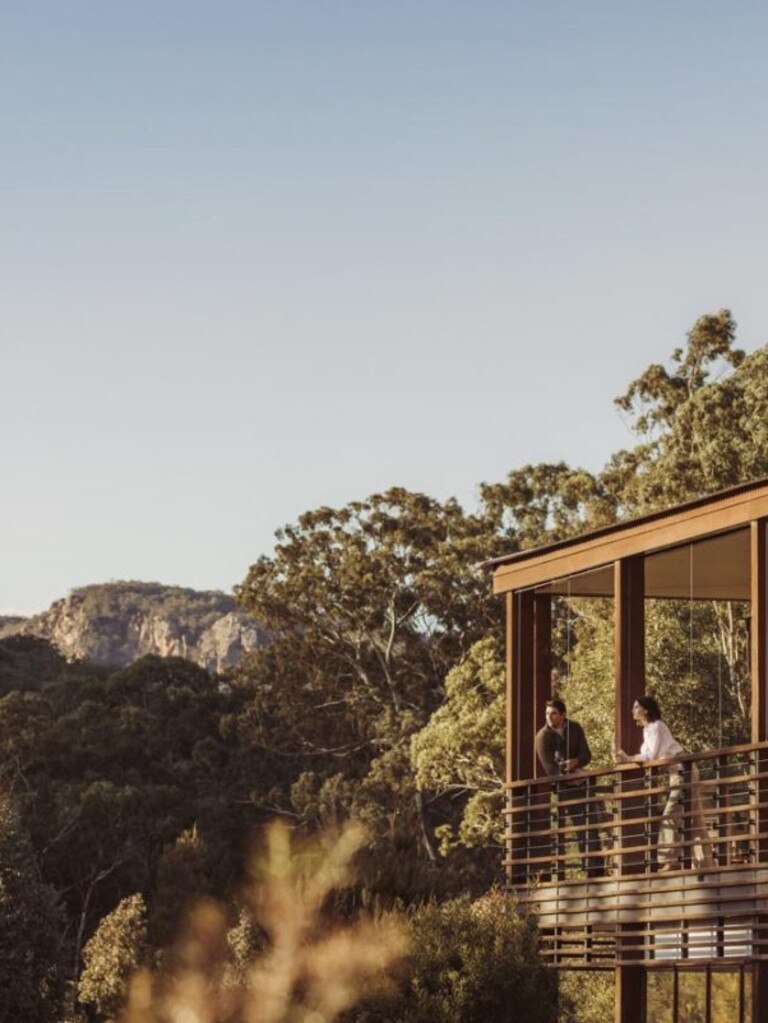
Just outside the Blue Mountains, the Emirates One&Only Wolgan Valley resort is being hugely affected by the Sydney lockdown.
Meanwhile, Ms Masters said the government’s $5bn support package for NSW’s individuals and business is significant and was an acknowledgment that this is likely to be a fairly extended lockdown with associated economic cost.
“Our best estimate, given what we know of the previous extended lockdown in Sydney, and the package that these numbers reflect a lockdown of around 10 weeks, at an estimated $0.5bn a week, with a reasonable range of 8 to 12 weeks,” she said.
“Every lockdown is different. Time and time again, regardless of the characteristics of the lockdown, we have seen as restrictions ease business and consumers emerge back into the community. The economy has a lot of momentum and the global economy is much stronger than it was in 2020. That, combined with significant income support, should give us confidence. This is a bump in the recovery not a U-turn.”
Ms Masters added that with every lockdown the same businesses were affected, particularly services businesses, including accommodation, travel and to some extent retail.

